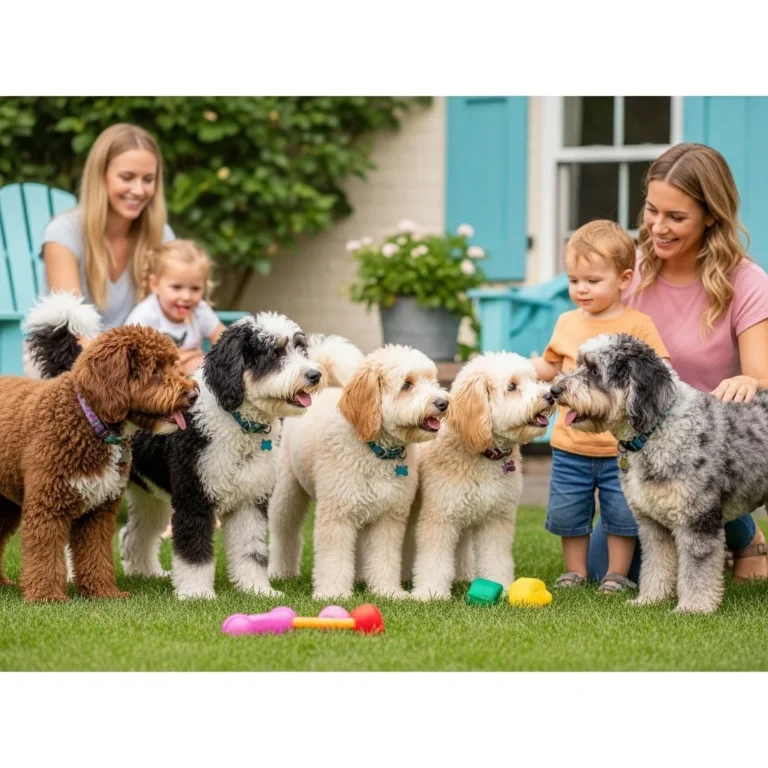
mini sheepadoodle
Hey there, fellow dog lovers! Have you ever spotted a Mini Sheepadoodle bouncing around with that teddy-bear fluff and thought, “Oh my gosh, I need one in my life!”? I totally get it—those heart-melting moments are what got me hooked on these adorable furballs.
Picture this: I’m at the dog park, sipping my coffee, when a Mini Sheepadoodle prances over, all wags and cuddles, looking like a living plush toy. Instant love! These pups are the perfect mix of an Old English Sheepdog’s goofy charm and a Miniature Poodle’s clever sparkle, all in a size that fits just about any home.
Whether you’re a dog-park regular or daydreaming about your first furry sidekick, Mini Sheepadoodles are stealing hearts left and right. So, grab a cozy blanket, maybe a treat for your current pup, and let’s dive into everything you need to know about these lovable doodles to see if they’re your perfect match!
I. Understanding Your Mini Sheepadoodle: The Basics
What exactly is a Mini Sheepadoodle, and what breeds make up its magic?
Okay, let’s break it down! A Mini Sheepadoodle is like the best doggy smoothie ever—a blend of an Old English Sheepdog and a Miniature Poodle. The result? A fluffy, medium-sized pup with a heart of gold. From the Sheepdog side, they get that iconic shaggy vibe, a super sweet personality, and a knack for making you laugh with their clownish antics.
From the Poodle, they inherit smarts that’ll blow your mind and a coat that’s often low-shedding (hooray for less vacuuming!). Breeders mix these two to create a dog that’s not just cute but also packed with personality and, thanks to something called hybrid vigor, potentially fewer health issues than purebreds. It’s like getting a cuddly, clever companion with a side of health benefits!
What’s the difference between a Mini Sheepadoodle and a Standard Sheepadoodle?
Here’s the scoop: it’s all about size! A Standard Sheepadoodle comes from crossing an Old English Sheepdog with a Standard Poodle, making them big, lovable fluffballs, often tipping the scales at 60-80 pounds or more. Think gentle giant vibes! A Mini Sheepadoodle, though, is the pint-sized version, born from a Sheepdog and a Miniature (or sometimes Toy) Poodle. They’re more compact, perfect for snuggling on smaller couches or fitting into apartment life. Both have that same friendly, fun-loving spirit, but the Mini is your go-to if you want all the Sheepadoodle charm in a smaller, cuddlier package.
How long do Mini Sheepadoodles live?
Oh, the joy of planning a lifetime of adventures with your furry friend! Mini Sheepadoodles typically bless us with 10 to 15 years of love and tail wags. This lifespan is pretty standard for medium-sized dogs, but it’s all about giving them the good stuff: a balanced diet, plenty of playtime, and regular vet visits. Think of it like keeping their sparkle shining bright—good care means more years of belly rubs and park romps!
II. Size, Growth, and Appearance
How big do Mini Sheepadoodles get, and when do they stop growing?
If you’re wondering how much space to clear on your couch, here’s the deal: a full-grown Mini Sheepadoodle usually stands 18 to 22 inches tall at the shoulder and weighs 25 to 55 pounds. That range depends on whether their Poodle parent was a petite Miniature or a bit bigger, plus some genetic luck. Most hit their full size between 12 to 18 months, zooming through puppy growth spurts in their first year and then filling out with a bit more fluff and muscle by 18 months. Perfect for cuddles, but not so big they take over the whole bed (unless you let them, guilty as charged!).
How fast do Mini Sheepadoodle puppies grow, and can I guess their adult size?
full grown mini sheepadoodle: Puppies grow fast, don’t they? Mini Sheepadoodle babies are no exception, practically doubling in size every few weeks for the first six months! Predicting their adult size is like a fun guessing game. Your best clue? Check out the parents! A good breeder will let you meet Mom and Dad (or at least Mom), and their size is a solid hint. A rough trick is to double your pup’s weight at 16 weeks for a ballpark adult weight, but genetics can throw in some surprises. It’s part of the adventure—watching your tiny fluffball become a full-grown cuddle monster!
What coat colors and patterns do Mini Sheepadoodles rock, and do they change?
Mini Sheepadoodles are like walking art projects! The classic look is that black-and-white tuxedo vibe, straight out of an Old English Sheepdog fashion catalog. But thanks to Poodle genes, you might also see:
- Solid colors: Black, white, cream, brown, or even a sassy apricot or red.
- Parti-colors: White with patches of black, brown, or merle.
- Merle: A jaw-dropping marbled pattern, like blue or red merle.
Here’s the fun part: their colors can change! A black puppy might fade to a cool silver or gray (thanks, Poodle genes, for that “progressive greying” trick). Cream pups might go whiter, and reds can shift lighter or darker. It’s like your pup’s coat is keeping you on your toes!
What’s the deal with F1, F1b, or later-generation Mini Sheepadoodles?
Let’s decode the lingo! These terms are about the “filial generation” and affect your pup’s coat and traits:
- F1 Mini Sheepadoodle: The OG mix—50% Old English Sheepdog, 50% Miniature Poodle. Expect a mix of shaggy and wavy coats, with a touch of shedding possible but usually low. These pups often have the most hybrid vigor.
- F1b Mini Sheepadoodle: A backcross, usually 75% Poodle, 25% Sheepdog, from breeding an F1 back to a Poodle. These are the curly-coated, super low-shedding stars, perfect if allergies are a concern.
- F2, F2b, or later generations: These come from mixing F1s or F1bs. Breeders aim for specific traits, but it takes serious skill to keep things consistent. Later generations can be a bit of a wildcard but oh-so-lovable.
III. Temperament, Behavior, and Suitability
What’s the Mini Sheepadoodle personality like?
Oh, these pups are pure sunshine! Mini Sheepadoodles are the life of the party with:
- Big Hearts: They’re total lovebugs, sticking to you like furry Velcro.
- Brainy Vibes: Poodle smarts plus Sheepdog charm make them quick learners who love showing off tricks.
- Silly Side: Expect goofy zoomies and playful antics that’ll have you giggling.
- Gentle Souls: They’re softies, especially with kids, making them the ultimate snuggle buddies.
- Social Butterflies: They love meeting new friends, human or furry.
Every pup’s unique, but this combo makes them a joy to have around!
Are Mini Sheepadoodles great for families, kids, and other pets?
You bet! Mini Sheepadoodles are family superstars. Their gentle, patient nature makes them awesome with kids—they’ll happily join in on backyard adventures or tolerate a toddler’s enthusiastic hugs. With proper socialization, they’re usually cool with other dogs and even cats (my pup and my kitty are BFFs!). Introduce them slowly, and they’ll be sharing the couch in no time. Just make sure to start socialization early to keep those friendly vibes strong.
Are they good for first-time dog parents?
New to the dog-parent life? No worries—Mini Sheepadoodles are a fantastic pick! They’re eager to please, which makes training a breeze, and their exercise needs are manageable. Their sweet, adaptable personalities help ease the learning curve. But don’t get too comfy—Dr. Lisa M. Goin, a vet who’s all about dog behavior, says, “These pups need routine and clear communication to shine.” So, commit to training and socialization, and you’ll be a pro in no time!
Do they deal with separation anxiety, barking, or chewing, and how do I handle it?
Mini Sheepadoodles love their people, which can sometimes mean separation anxiety if they’re left alone too long. Here’s how to keep things chill:
- Separation Anxiety: Start with crate training (make it a cozy den!) and practice short absences. Puzzle toys keep them busy while you’re out.
- Barking: They’re not yappy, but they’ll alert you to strangers or odd noises. Teach a “quiet” command and keep them engaged to avoid bored barks.
- Chewing: Puppies love to chomp! Offer plenty of chew toys, rotate them for fun, and redirect any furniture nibbling. Boredom or anxiety might cause adult chewing, so keep those brains and bodies active.
A tired pup is a happy pup—exercise and mental games are your secret weapons!
Can they be therapy or emotional support dogs?
Oh, absolutely! Mini Sheepadoodles are naturals for therapy or emotional support roles. Their gentle, intuitive nature and love for people make them perfect for comforting humans. Plus, their low-shedding coats are a bonus in allergy-sensitive spots. With proper training and certification, they can be your partner in spreading joy or providing calm at home.
IV. Exercise, Training, and Mental Stimulation
How much exercise and brain games do Mini Sheepadoodles need?
These pups have energy to burn and brains to flex! Plan for at least 60 minutes of exercise daily—think brisk walks, fetch sessions, or dog-park zoomies. They love a good romp! For mental stimulation, their Poodle smarts demand action. Puzzle toys, scent games, or teaching new tricks (my pup learned “spin” in a week!) keep them happy. A bored Mini Sheepadoodle might redecorate your shoes, so mix it up!
Are they easy to train, and what’s the best approach?
Good news: Mini Sheepadoodles are training superstars! Their smarts and eagerness make housebreaking and basic commands like “sit” or “stay” pretty straightforward. For housebreaking, stick to a schedule, reward outdoor potties, and use a crate. For obedience, positive reinforcement is the way to go—treats, praise, and playtime work wonders. Keep sessions short and fun, as Sarah Jenkins, a pro trainer, says, “Short bursts of training woven into daily life keep these pups engaged and happy.”
When should training and socialization start?
Start the party as soon as your pup arrives, around 8-10 weeks old! Socialization means introducing them to new sights, sounds, people, and pets in a fun, safe way—think puppy classes or calm meet-and-greets. Training starts with basics like potty routines and simple commands. Early habits stick, so make those first weeks count for a confident, well-mannered pup.
Can they handle being alone for long stretches?
Mini Sheepadoodles are people magnets, so long alone time isn’t their jam. They can manage 4-6 hours once trained, but 8+ hours daily might lead to sadness or mischief. If you’re out a lot, try a dog walker, daycare, or a quick check-in to keep them happy. A cozy crate and fun toys help, too!
V. Grooming, Coat, and Allergies
What’s their coat like, and how much grooming do they need?
Get ready to embrace your inner groomer! Mini Sheepadoodle coats are soft, dense, and range from wavy to curly. F1 pups often have shaggy, wavy coats, while F1b ones lean curlier, thanks to more Poodle genes. These coats are gorgeous but high-maintenance—matting is the enemy! Regular brushing and professional grooming are non-negotiable to keep them looking (and feeling) fabulous.
Do they shed, and are they hypoallergenic?
Here’s the deal: Mini Sheepadoodles are low-shedding, especially F1b pups with more Poodle DNA. No dog is 100% hypoallergenic, but their lower dander and shedding make them a good bet for allergy sufferers. F1s might shed a bit more, so if allergies are a big deal, spend time with your pup’s generation before committing.
How often should I brush and groom, and how do I prevent mats?
Channel your inner spa stylist! Brush 3-4 times a week (daily is best) with a slicker brush and metal comb to stop mats, especially behind ears and in leg fluff. Professional grooming every 6-8 weeks keeps their coat tidy, nails trimmed, and ears clean. At home, regular ear cleaning, tooth brushing, and nail trims keep them comfy. Start young, and they’ll love their spa days!
How much does grooming cost?
Professional grooming varies by location and coat condition, but expect $70-$120 per session every 6-8 weeks. Budget for it—it’s like a puppy manicure that keeps them strutting their stuff!
VI. Health and Lifespan
What health issues do Mini Sheepadoodles face, and how can I prevent them?
Like any pup, Mini Sheepadoodles can inherit issues from their parents, like:
- Hip/Elbow Dysplasia: Joint problems causing discomfort.
- Eye Issues: Like Progressive Retinal Atrophy or cataracts.
- Thyroid Problems: Common in Poodles.
- Bloat: A risk, though less so in smaller dogs.
- Addison’s Disease: Another Poodle concern.
The key? Pick a breeder who tests parents for these issues—health screenings are a must for happy, healthy pups.
What health tests should breeders do?
A top-notch breeder will show you:
- OFA/PennHIP for hips and elbows.
- Eye certifications from a vet ophthalmologist.
- Genetic tests for PRA, von Willebrand’s Disease, and more.
- Thyroid panels.
Ask for proof—it’s your pup’s health on the line!
What’s the puppy vet schedule?
Puppies need love and vet care! Expect:
- Vaccinations: DHPP series starting at 6-8 weeks, every 3-4 weeks until 16 weeks, plus rabies at 12-16 weeks.
- Deworming: Started by the breeder, continued by your vet.
- Vet Visits: Several in the first few months, then yearly check-ups with boosters and parasite prevention.
For puppy care tips, check out: https://dogsblogss.com/caring-for-your-puppy-a-comprehensive-guide/.
VII. Nutrition and Weight Management
What’s the best food for Mini Sheepadoodles?
Puppies need high-quality puppy food for medium breeds, with real meat and no junk fillers—think 3-4 small meals daily. Adults switch to adult dog food around 12-18 months, fed twice daily. Your vet can recommend brands tailored to your pup’s needs for a shiny coat and wagging tail!
How do I keep their weight in check?
Nobody wants a chubby doodle! Try:
- Portion Control: Measure meals, no free-feeding.
- Healthy Treats: Small, low-cal options for training.
- Exercise: Daily walks and play keep them fit.
- No Table Scraps: Human food can pack on pounds.
- Vet Checks: Regular weigh-ins catch issues early.
Dr. Rebecca C. Johnson, a vet nutritionist, says, “A few extra treats can add up fast for a smaller dog—stick to portions and playtime!”
VIII. Living Arrangements and Lifestyle Fit
Are they good for apartments?
Yes, Mini Sheepadoodles can rock apartment life! Their size is perfect for smaller spaces, as long as you meet their exercise and mental needs. No yard? No problem—daily walks and park trips keep them happy. They just want to be near you, couch or condo!
How do they handle hot or cold weather?
- Cold: They’re like little snow bunnies, loving chilly weather thanks to their thick coats. Protect paws from ice or salt.
- Hot: Their fluff can overheat, so walk in cooler hours, keep water handy, and trim coats shorter in summer.
What are the pros and cons?
Pros:
- Super friendly and family-oriented.
- Smart and trainable.
- Low-shedding for allergy folks.
- Cute as a button!
- Great for apartments.
Cons:
- Grooming is a big commitment.
- Can get clingy if alone too long.
- Needs mental stimulation or trouble brews.
- Costs add up (puppy price, grooming, vet).
- Possible health issues if parents aren’t tested.
IX. Bringing a Mini Sheepadoodle Home: Costs and Finding a Puppy
How much do they cost, and what’s the yearly budget?
A Mini Sheepadoodle puppy from a reputable breeder runs $2,000-$4,000, reflecting health testing and care. Yearly costs include:
- Initial Gear: $200-$500 (crate, toys, etc.).
- Vet Care: $500-$1,000 first year, $200-$500 after.
- Food: $40-$80/month.
- Grooming: $70-$120 every 6-8 weeks.
- Training: $150-$500+.
- Insurance: $30-$60/month.
Plan for $1,500-$3,000 annually to keep your pup thriving.
What should I ask a breeder?
Be nosy—it’s your pup’s future! Ask:
- Can I meet the parents?
- What health tests have been done?
- How are puppies socialized?
- What’s your vaccination/deworming schedule?
- How long have you bred Mini Sheepadoodles?
- What’s your rehoming policy?
- Do you offer a health guarantee?
- Can I talk to past buyers?
- What food do the pups eat?
- How do you screen buyers?
Is adoption an option?
Totally! Rescues or shelters sometimes have Mini Sheepadoodles or Doodle mixes. Adoption saves a pup, costs less, and often includes spay/neuter and shots. Check Petfinder or breed-specific rescues for your new bestie.
Can they be registered?
Mini Sheepadoodles aren’t purebred, so no AKC, but you can register with hybrid clubs like the DDKC or IDCR. It’s more about tracking lineage than official status.
X. Raising a Healthy Puppy: Early Care and Common Concerns
What’s the first week like?
It’s a whirlwind of cuddles and chaos! Expect:
- Potty Training: Accidents happen—take them out often and reward success.
- Sleep: They might cry at night. A cozy crate near you helps.
- Feeding: Stick to the breeder’s food to avoid tummy troubles.
- Socialization: Keep intros gentle and fun.
- Vet Visit: Book a check-up ASAP.
Patience and love make it magical!
How do I handle fear or socialization hiccups?
- Fearfulness: Don’t push—use treats and praise to ease them into scary things slowly. Persistent fears? Call a trainer.
- Socialization Setbacks: Reintroduce new experiences gently, like puppy classes or calm playdates. Reward bravery, never punish fear.
Your vet or a trainer can guide you through any bumps for a happy, confident pup!
There you have it, friends—a full scoop on sheepadoodle mini! These fluffy, funny, loving pups are ready to steal your heart. Got more questions or stories about your own doodle? Drop them below—I’d love to chat! 🐾
related
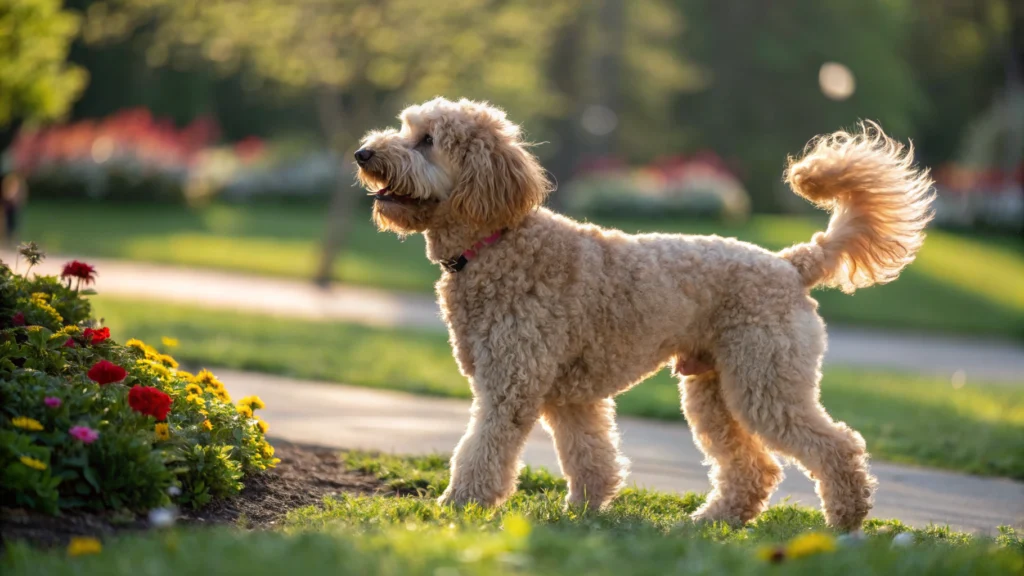
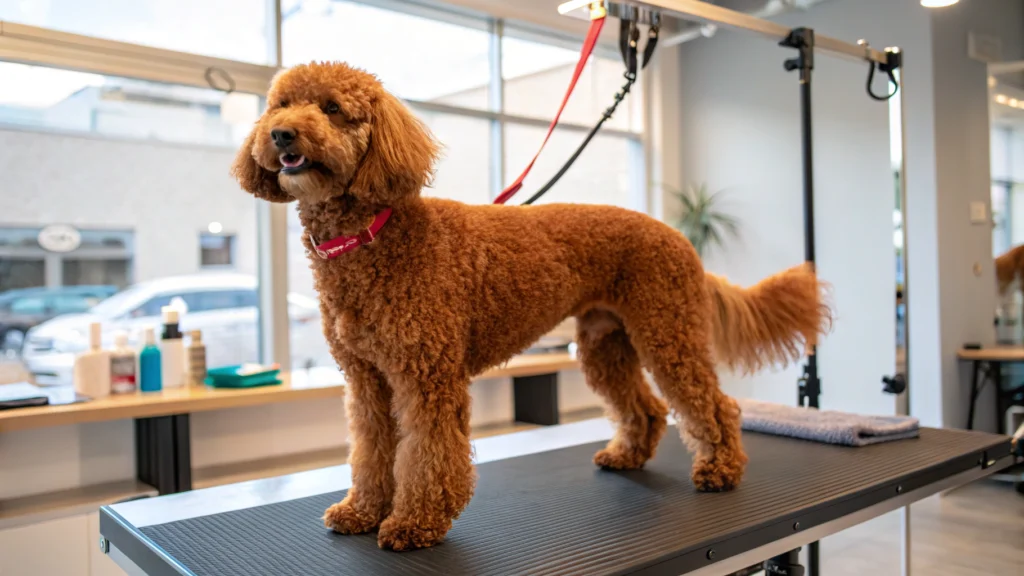

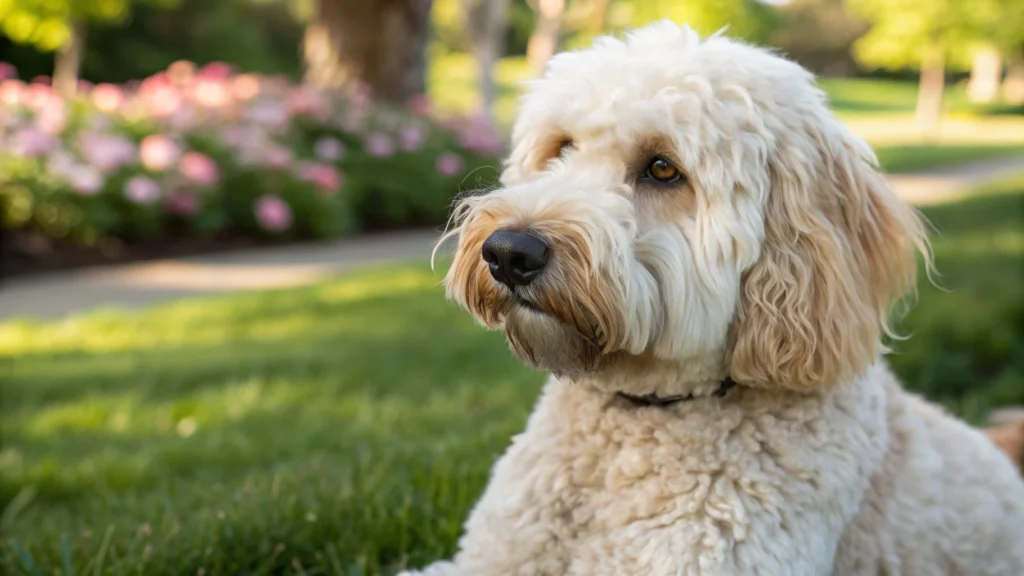
please leave comment
you may like it
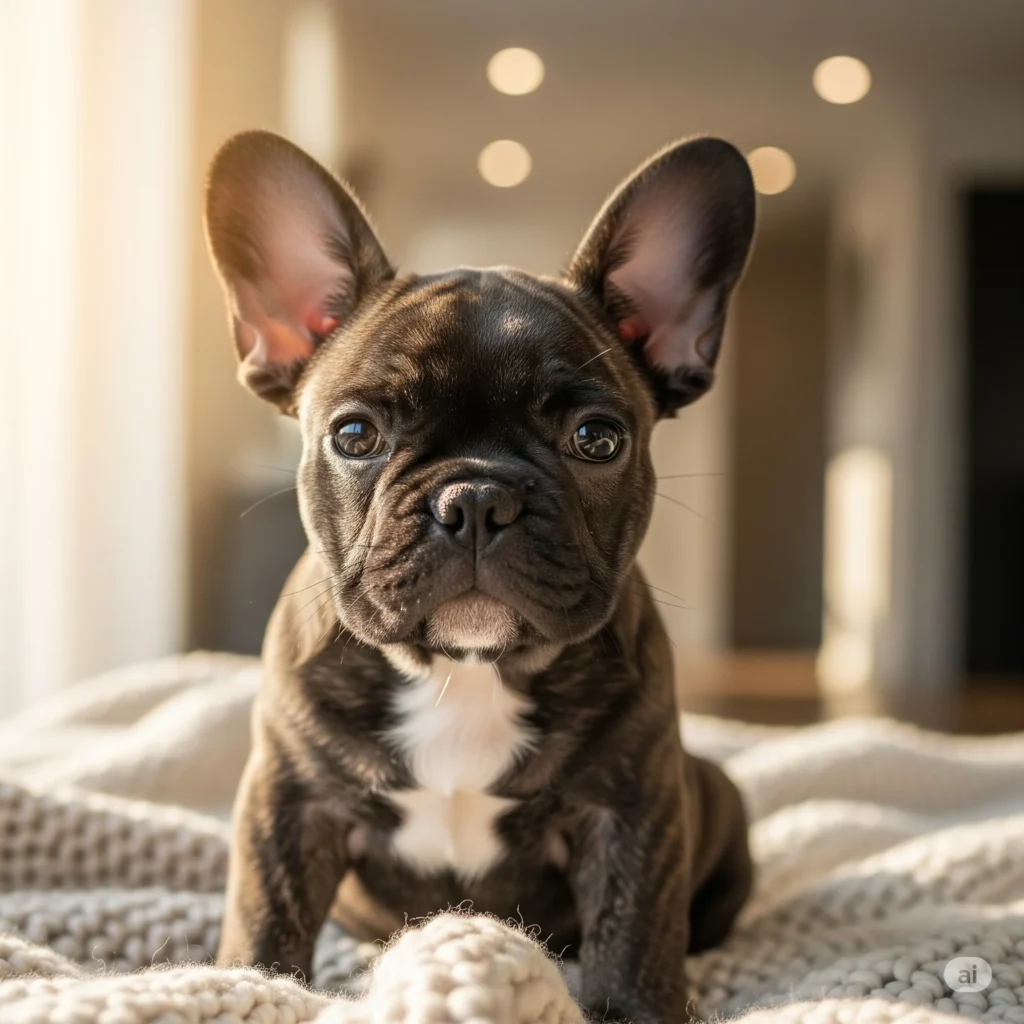
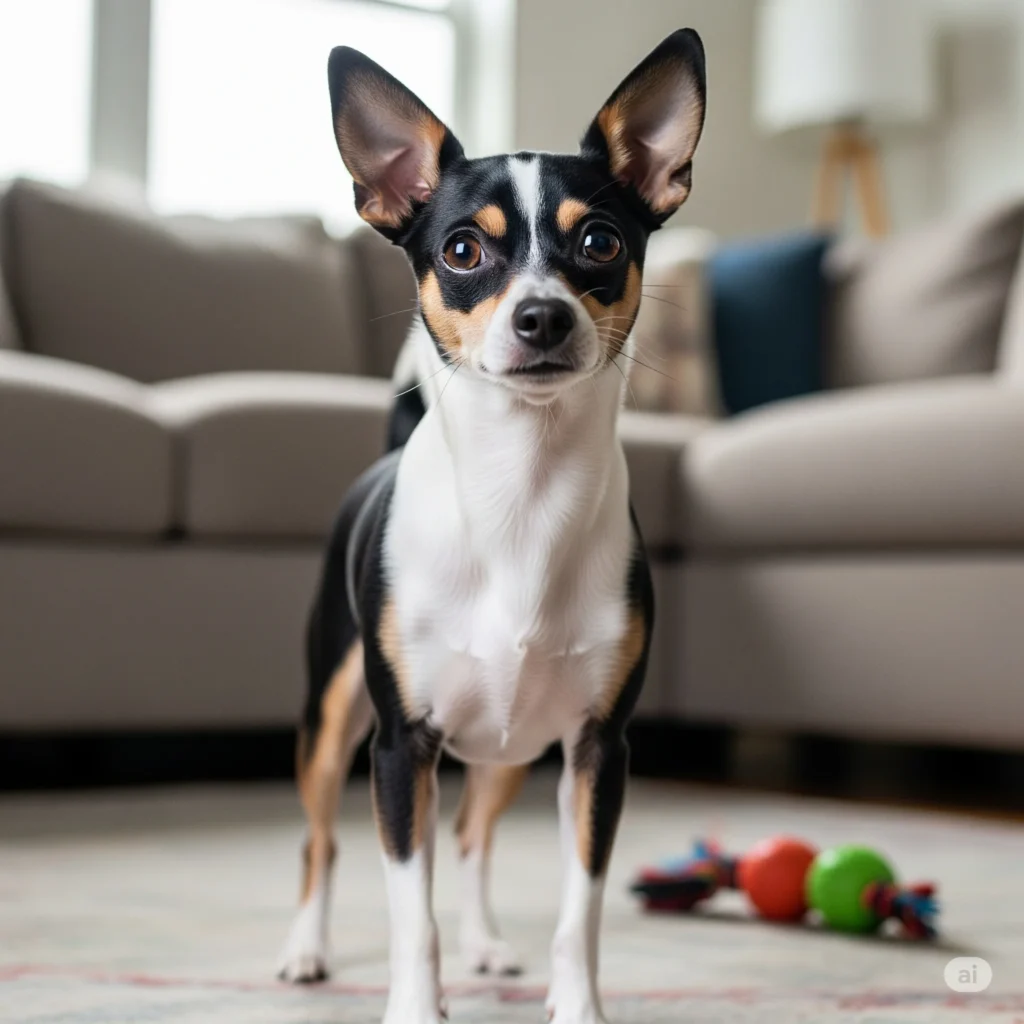



sources
- HolistaPet
- Premier Pups
- Double U Doodles
- Prairie Hill Puppies
- Once Upon a Doodle
- I Love My Sheepadoodle
- American Kennel Club
- Purina
- HappyTop Doodles
- Chrissy Marie Blog
- https://simplysouthernpups.com/dog-breeds/mini-sheepadoodle
- https://lonestarpups.com/dog-breeds/mini-sheepadoodle
- https://premierpups.com/dog-breeds/mini-sheepadoodle
- https://floridafurbabies.com/dog-breeds/mini-sheepadoodle

